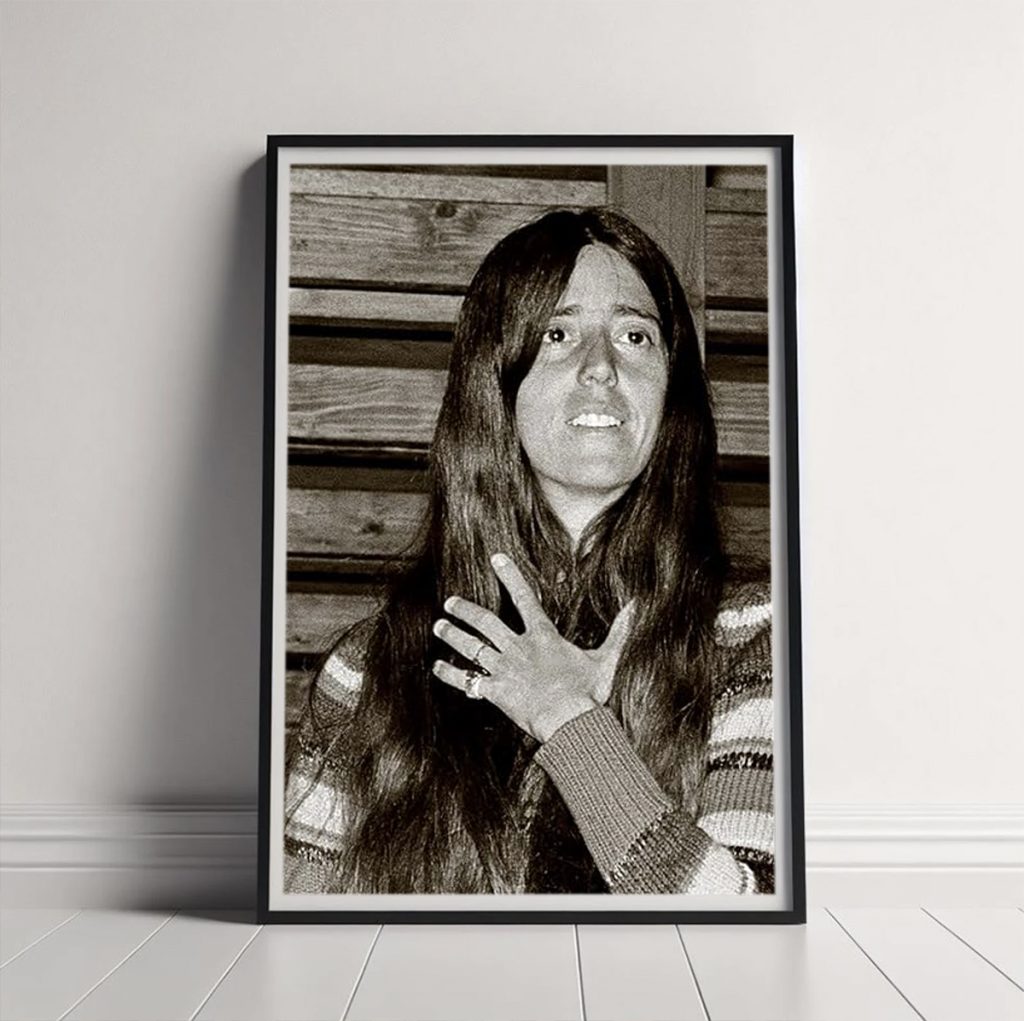
Elizabeth Swados
Writer
composer
musician
theatre director
About Elizabeth Swados
Elizabeth Swados: A Visionary from Buffalo Who Changed Musical Theatre
Elizabeth Swados, born on February 5, 1951, in Buffalo, NY, left an indelible mark on the arts with her fearless creativity and social consciousness. A composer, writer, director, and educator, Swados was a trailblazer who dared to center her work around voices that often went unheard. Her contributions to musical theatre and the performing arts continue to resonate, making her a celebrated figure in both her hometown and beyond.
Early Life in Buffalo
Elizabeth Swados grew up in a creative yet complex environment in Buffalo. Her father, Robert, was an attorney with a role in establishing the Buffalo Sabres, while her mother, Sylvia, was an actress and poet who struggled with depression. These early experiences, including her mother’s eventual suicide, deeply influenced Swados’ later work, which often explored themes of mental health, resilience, and survival.
A creative child, Swados expressed herself through writing short stories and learning music, playing guitar and piano. By the time she was 16, she was off to Bennington College, where she studied creative writing and musical composition. Here, her first major work featured a Balinese monkey chorus—an early glimpse into her eclectic and theatrical instincts.
The Launch of an Extraordinary Career
Swados’ artistic ambitions led her to New York City, where she became a key figure at the La MaMa Experimental Theatre Club. At La MaMa, she flourished under the tutelage of founder Ellen Stewart, collaborating with global artists and experimenting with sound, rhythm, and movement that transcended traditional storytelling.
Her breakthrough moment came with Runaways in 1978, a daring and heartfelt musical that told the stories of young people living on the streets through a mix of song, poetry, and monologue. Produced by the legendary Joseph Papp at The Public Theater, Runaways eventually transferred to Broadway. With its raw emotion and eclectic mix of musical styles—from folk to jazz to rock—it earned Swados five Tony nominations and an Obie Award for Best Direction. The production’s themes of youth despair, resilience, and fleeting joy set a new standard for socially conscious theatre.
Notable Works and Themes
While Runaways was her most recognized work, Swados’ contributions extended far beyond Broadway. She collaborated with Garry Trudeau on Doonesbury: A Musical Comedy in 1983, and created many innovative works that were staged off and off-off-Broadway. Her productions frequently tackled challenging topics like mental health (Groundhog), AIDS (Job), and urban poverty (Dispatches).
Swados also embraced her Jewish heritage, composing works like Jerusalem: An Oratorio and The Haggadah: A Passover Cantata. These productions fused music, poetry, and storytelling to explore themes of faith and history. Her diverse catalog included children’s books, novels, and even animated projects like My Depression, which turned her own struggles into an accessible conversation about mental health.
Awards and Legacy
Swados earned numerous accolades during her career. She received three Obie Awards, five Tony nominations, and a Guggenheim Fellowship, among many others. Beyond the awards, her work carried a far-reaching impact, particularly on the development of socially conscious musical theatre.
Liz Swados’ teaching career was equally impactful. She dedicated years to nurturing young artists at NYU’s Tisch School of the Arts. Projects like The Reality Show, which addresses mental health and campus life, became an enduring part of NYU’s freshman orientation.
After passing away in 2016 from complications of esophageal cancer, Swados’ legacy was celebrated with revivals of her work, including a 2016 production of Runaways by New York City Center. Her influence continues to inspire a new generation of theatermakers who honor her commitment to innovation, inclusivity, and storytelling.
Honoring a Buffalo-born Visionary
Elizabeth Swados’ life and career offer a profound reminder of the power of art to give voice to the marginalized and to shine light on the human condition. From her beginnings in Buffalo to her groundbreaking contributions to musical theatre, Swados created a body of work that remains both timeless and urgently relevant.
Whether in the halls of a university, on a Broadway stage, or in the pages of a children’s book, her voice resonates as a champion for those often overlooked. Swados’ work isn’t merely a part of history—it’s a living force that continues to shape the future of performance and storytelling.
